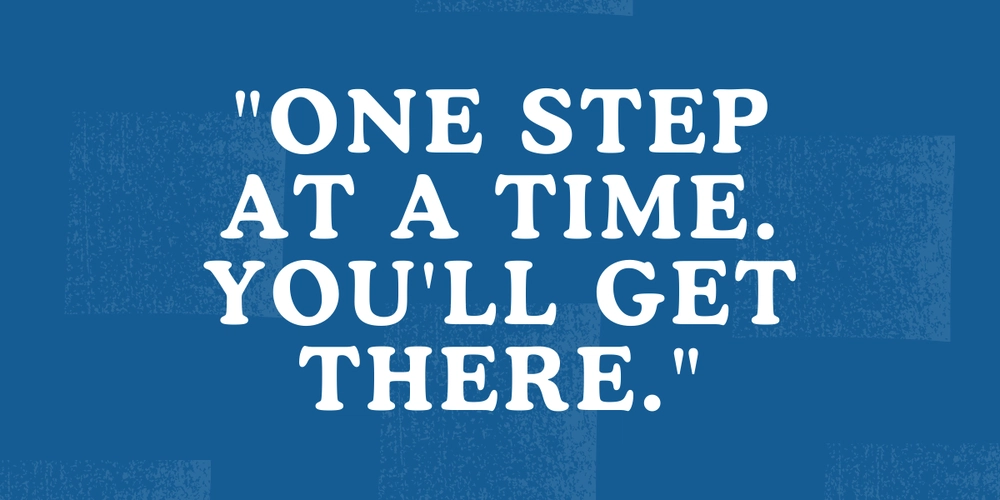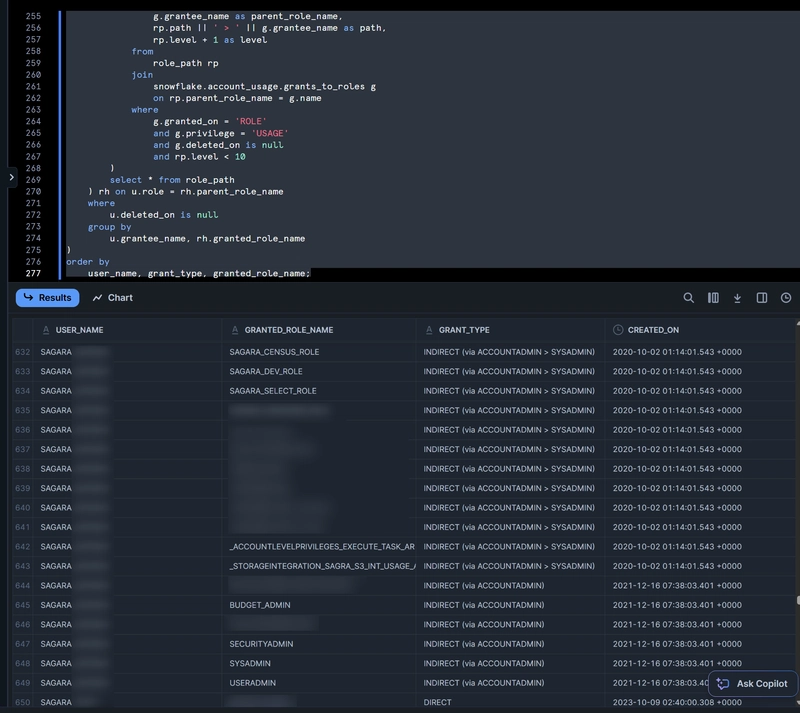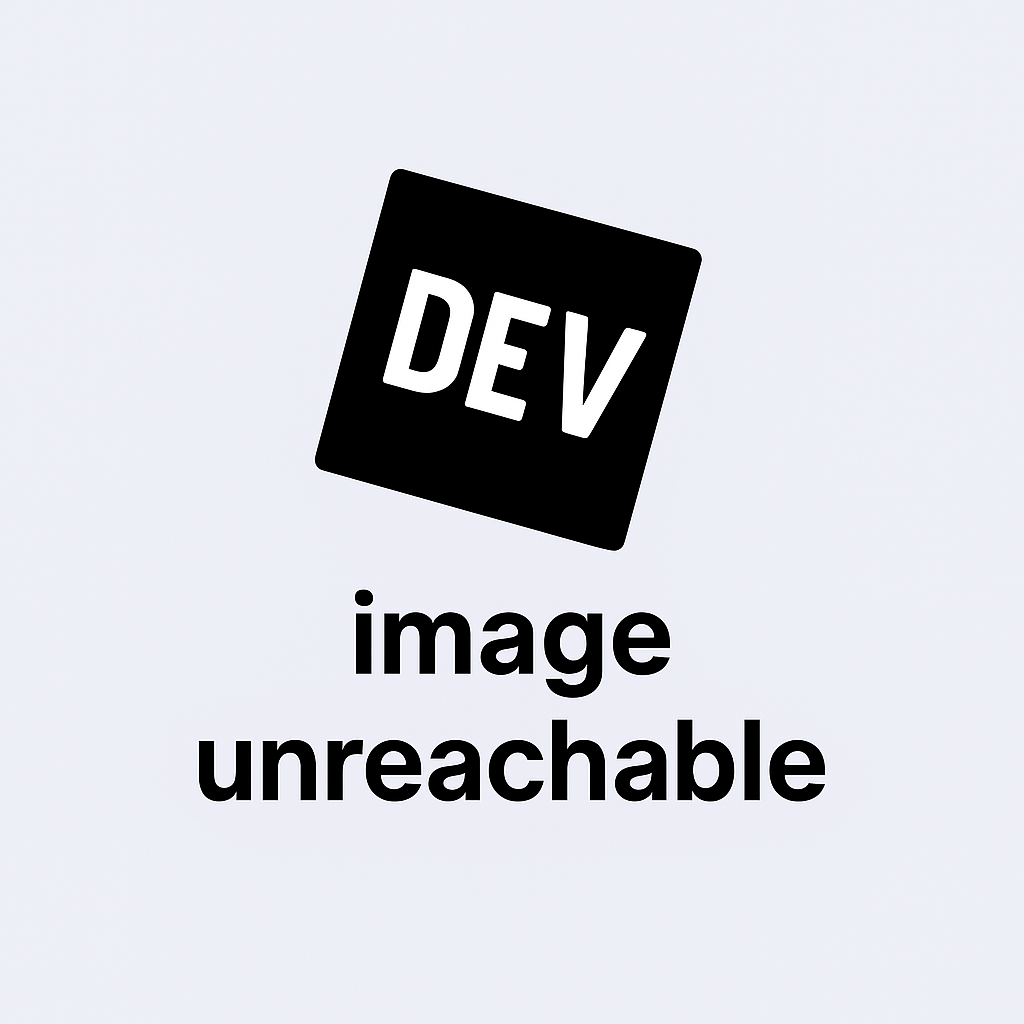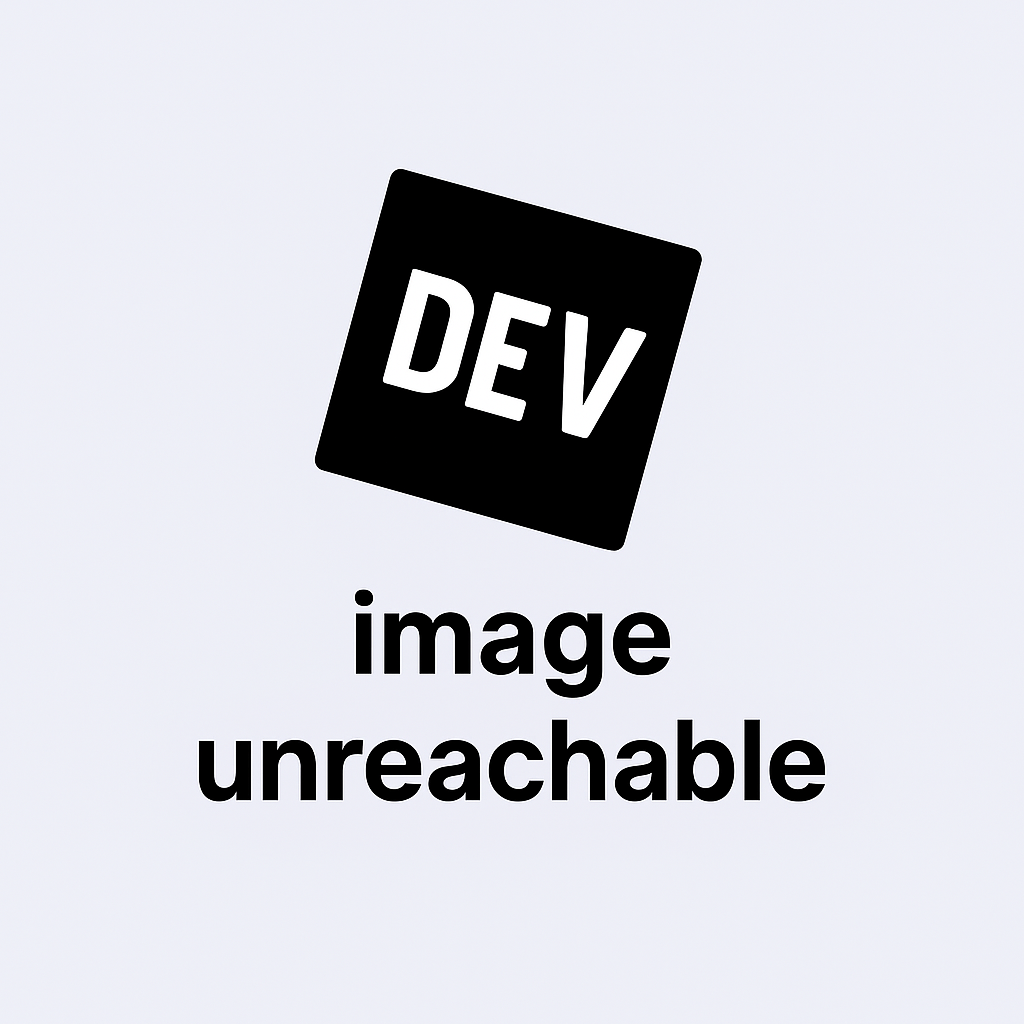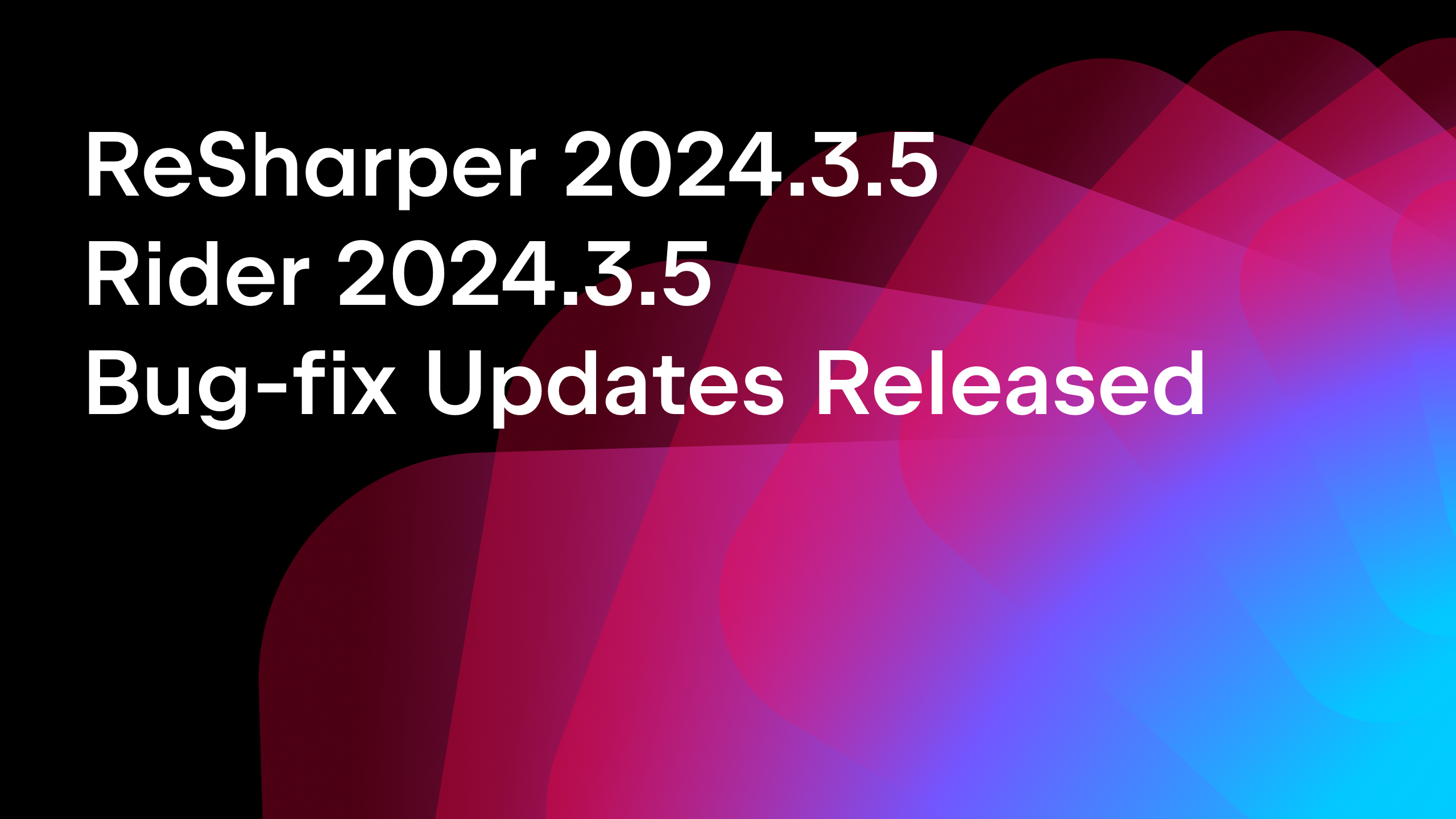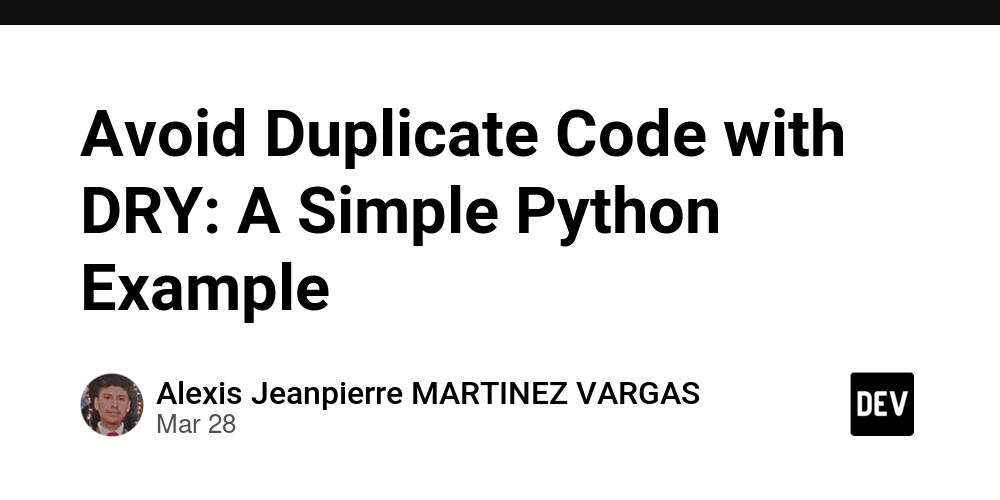Why Python Is a Terrible First Language
I love Python. Still do. It’s elegant, clean, readable. It makes you feel like a wizard typing spells instead of code. But if I’m being honest? Learning Python as my first language spoiled me—and not in a good way. It’s like learning to drive with a Tesla and then realizing the rest of the world is still using stick shifts. Python made me fall in love with programming—but it also made me a bit soft when it came to understanding how things really work. The Magic Makes You Lazy Python’s beauty is in its simplicity. No need to define types. No need to worry about memory. No curly braces, no semicolons. You can write entire scripts in just a few lines. But here’s the thing: when everything is so smooth and forgiving, you don’t develop the same level of discipline you would with something like Java or C++. You don’t get hit with errors about memory leaks. You’re not forced to understand type systems deeply. You’re not sweating over pointers or trying to wrap your head around manual memory management. In Python, stuff “just works.” Until one day, it doesn’t—and you realize you’ve been floating on a cloud instead of learning how to build a bridge. Abstracted From the Machine I remember the first time I tried to debug a performance issue in Python. I thought I was going crazy. Why was my perfectly readable code so damn slow? Because I didn’t understand what was happening under the hood. Python is high-level—like, really high-level. Which is great for productivity but terrible for learning what your code is actually doing at the system level. When I eventually picked up C++, it hit me like a truck. Suddenly I had to think about memory, compilation, the call stack, references vs. copies. All the stuff I’d skipped by starting with Python. It Warped My View of “Hard” I used to scoff at Java devs and C programmers. Look at all that boilerplate! Look at how much code they need just to print something to the screen! But when I actually had to work on a team writing Java for a production backend, I realized that “boilerplate” came with guardrails, with structure, with explicitness. And those things matter—especially when you’re building software that needs to last more than a weekend. Python taught me speed. But it didn’t teach me structure. I had to unlearn bad habits, like skipping tests, avoiding types, and over-relying on dynamic behavior that made things harder to debug later. But Let’s Be Real—Python Is Still Amazing Okay, rant over. Let me balance things out a bit. Python might’ve spoiled me, but it also made me fall in love with programming. It gave me instant gratification. It let me automate boring stuff. It opened the door to data science, machine learning, web dev, scripting, and more. And when I mentor beginners today, I still recommend Python—but with a warning: “This language will make things feel easy. But don’t let that stop you from digging deeper.” What I’d Do Differently If I could go back, I’d still learn Python—but I’d pair it with something lower-level. Maybe write a simple CLI in C. Or build a class-based app in Java. Something that forces you to sweat a little. Because you can’t build muscle if the weights are always feather-light. Python is great. But it’s not the whole story. So no, I don’t hate Python. I just wish someone had told me, “This is the training wheels version. Don’t stop here.” If you’re new to programming, learn Python. But don’t only learn Python. Challenge yourself. Get closer to the metal. Break things. Rebuild them. Because real growth happens when you step outside the comfort of clean syntax. What about you? Did Python spoil you too, or do you think it’s the best way to start? I’d appreciate your opinion. “Thanks for reading!”

I love Python. Still do. It’s elegant, clean, readable. It makes you feel like a wizard typing spells instead of code.
But if I’m being honest? Learning Python as my first language spoiled me—and not in a good way.
It’s like learning to drive with a Tesla and then realizing the rest of the world is still using stick shifts. Python made me fall in love with programming—but it also made me a bit soft when it came to understanding how things really work.
The Magic Makes You Lazy
Python’s beauty is in its simplicity.
- No need to define types.
- No need to worry about memory.
- No curly braces, no semicolons.
- You can write entire scripts in just a few lines.
But here’s the thing: when everything is so smooth and forgiving, you don’t develop the same level of discipline you would with something like Java or C++.
You don’t get hit with errors about memory leaks. You’re not forced to understand type systems deeply. You’re not sweating over pointers or trying to wrap your head around manual memory management.
In Python, stuff “just works.” Until one day, it doesn’t—and you realize you’ve been floating on a cloud instead of learning how to build a bridge.
Abstracted From the Machine
I remember the first time I tried to debug a performance issue in Python. I thought I was going crazy.
Why was my perfectly readable code so damn slow?
Because I didn’t understand what was happening under the hood.
Python is high-level—like, really high-level. Which is great for productivity but terrible for learning what your code is actually doing at the system level.
When I eventually picked up C++, it hit me like a truck. Suddenly I had to think about memory, compilation, the call stack, references vs. copies. All the stuff I’d skipped by starting with Python.
It Warped My View of “Hard”
I used to scoff at Java devs and C programmers. Look at all that boilerplate! Look at how much code they need just to print something to the screen!
But when I actually had to work on a team writing Java for a production backend, I realized that “boilerplate” came with guardrails, with structure, with explicitness. And those things matter—especially when you’re building software that needs to last more than a weekend.
Python taught me speed. But it didn’t teach me structure. I had to unlearn bad habits, like skipping tests, avoiding types, and over-relying on dynamic behavior that made things harder to debug later.
But Let’s Be Real—Python Is Still Amazing
Okay, rant over. Let me balance things out a bit.
Python might’ve spoiled me, but it also made me fall in love with programming.
It gave me instant gratification. It let me automate boring stuff. It opened the door to data science, machine learning, web dev, scripting, and more.
And when I mentor beginners today, I still recommend Python—but with a warning:
“This language will make things feel easy. But don’t let that stop you from digging deeper.”
What I’d Do Differently
If I could go back, I’d still learn Python—but I’d pair it with something lower-level. Maybe write a simple CLI in C. Or build a class-based app in Java. Something that forces you to sweat a little.
Because you can’t build muscle if the weights are always feather-light.
Python is great. But it’s not the whole story.
So no, I don’t hate Python. I just wish someone had told me,
“This is the training wheels version. Don’t stop here.”
If you’re new to programming, learn Python. But don’t only learn Python.
Challenge yourself. Get closer to the metal. Break things. Rebuild them.
Because real growth happens when you step outside the comfort of clean syntax.
What about you? Did Python spoil you too, or do you think it’s the best way to start? I’d appreciate your opinion.
“Thanks for reading!”









